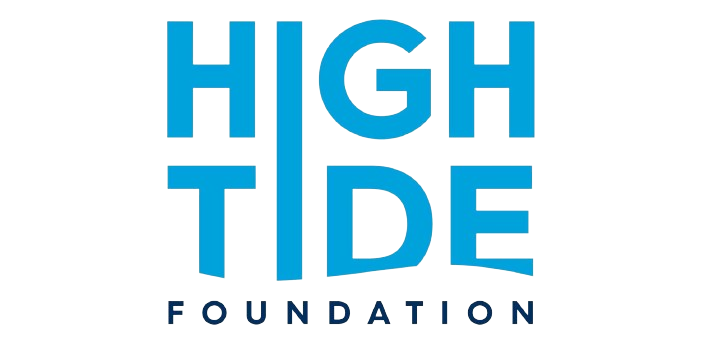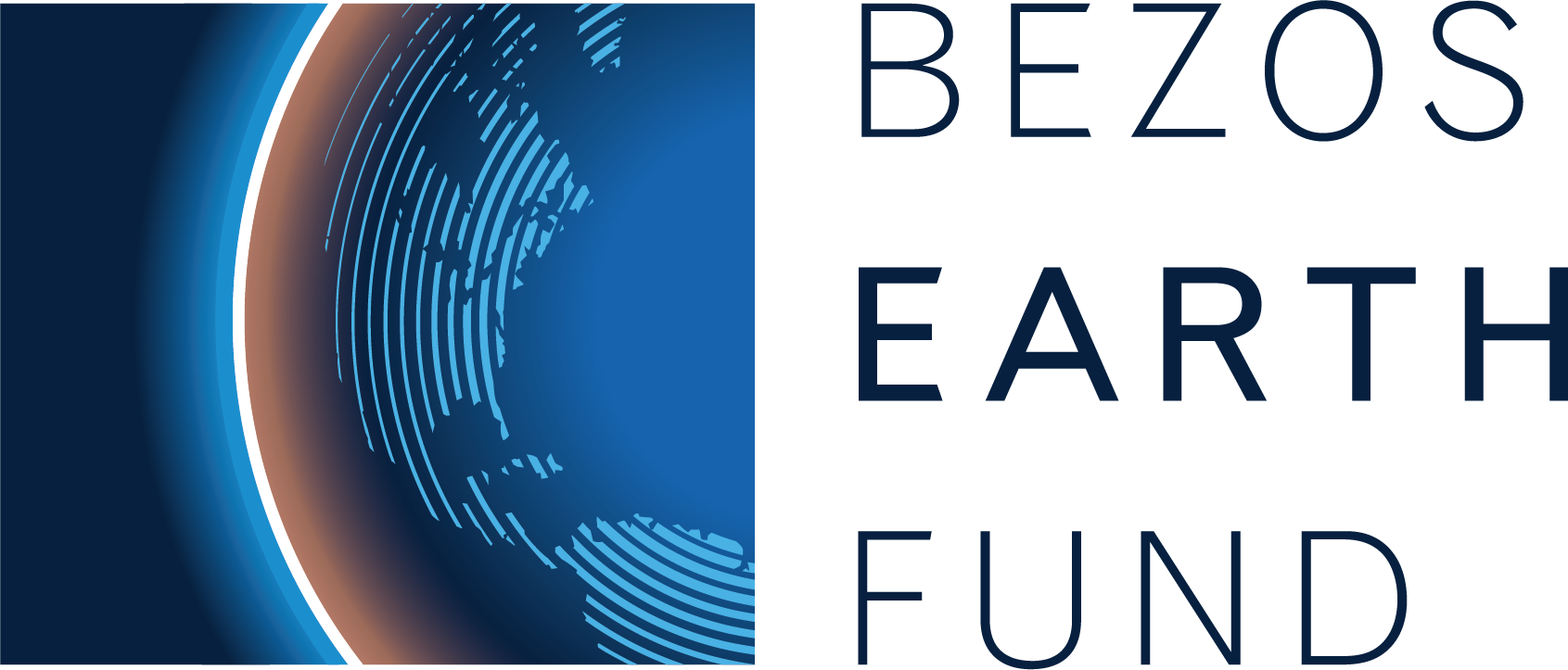New report highlights where stronger safeguards and approaches will ensure carbon markets deliver fairer development outcomes
Written by ICVCM
Published
3 min read
A report from an ICVCM Continuous Improvement Work Programme identifies key areas of focus for strengthening social and environmental protections and promoting sustainable development in carbon-crediting projects to ensure they deliver lasting benefits to both people and the planet.
The Continuous Improvement Work Program Report: Sustainable Development Benefits and Safeguards sets out detailed recommendations developed by multi-stakeholder expert working groups. These recommendations will inform refinements to ICVCM’s own rulebook — the Core Carbon Principles Assessment Framework.
Overall, the report identifies the need to build on the progress already achieved by the establishment of the Core Carbon Principles and recent updates in carbon-crediting standards. To achieve this evolution, the report recommends further requirements across all areas of social and environmental safeguarding. This includes even stronger protections for communities, clearer standards for fair benefit distribution, and more inclusive engagement processes — especially around Free, Prior and Informed Consent (FPIC).
The recommendations include proposals such as project-specific risk categorisation to cover different project types, strengthening labour rights by expanding safeguards to address different categories of workers and working arrangements, and more explicitly prohibiting forced displacement.
Other recommendations include even clearer requirements for transparent reporting on how benefits are distributed, further enhancing participatory monitoring of benefit sharing, and specific guidance from ICVCM on benefit sharing agreements and alternative arrangements such as community partnerships.
The report also calls for greater attention to gender equity, including gender assessments, action plans, and the use of gender-disaggregated data to ensure that women and gender-diverse groups are meaningfully included in project design and decision-making. In addition, the working group suggested requiring overall positive Sustainable Development Goal (SDG) impact assessments for all activities seeking a CCP label.
The CCPs already focus attention on the rights and interests of Indigenous Peoples as well as local communities, who steward over 40% of the world’s ecologically intact landscapes but receive less than 1% of climate finance and are often excluded from decisions that affect their lands and livelihoods.
The report highlights this imbalance and underlines the rights and interests of these groups as a key component of high integrity carbon markets to ensure they uphold human rights and deliver meaningful sustainable development benefits to such communities. The Indigenous Peoples and Local Communities Forum – supported by ICVCM — is an important initiative designed to amplify the voices of such communities in this regard.
ICVCM will carefully consider the report’s recommendations as it continues to refine the Core Carbon Principles Assessment Framework, following further technical analysis and stakeholder consultations.
For the Integrity Council, supporting stronger safeguards and inclusive engagement practices is not only the right thing to do while enabling the carbon market to fulfil its climate action purpose. Such measures also help reduce reputational and operational risks, enhance project credibility, and build lasting community partnerships. By striving to operate in line with the most ambitious approaches to social safeguards and sustainable development, carbon market participants can unlock high-integrity carbon credits that appeal to buyers and deliver positive impacts for host communities.
Read the full report: Continuous Improvement Work Program Report: Sustainable Development Benefits and Safeguards.
Continuous Improvement Work Programs
Driving continuous improvement and innovation in carbon markets

Stay in touch
Sign up to the Integrity Council’s newsletter for ongoing updates on high-integrity in the voluntary carbon markets.
Newsletter








